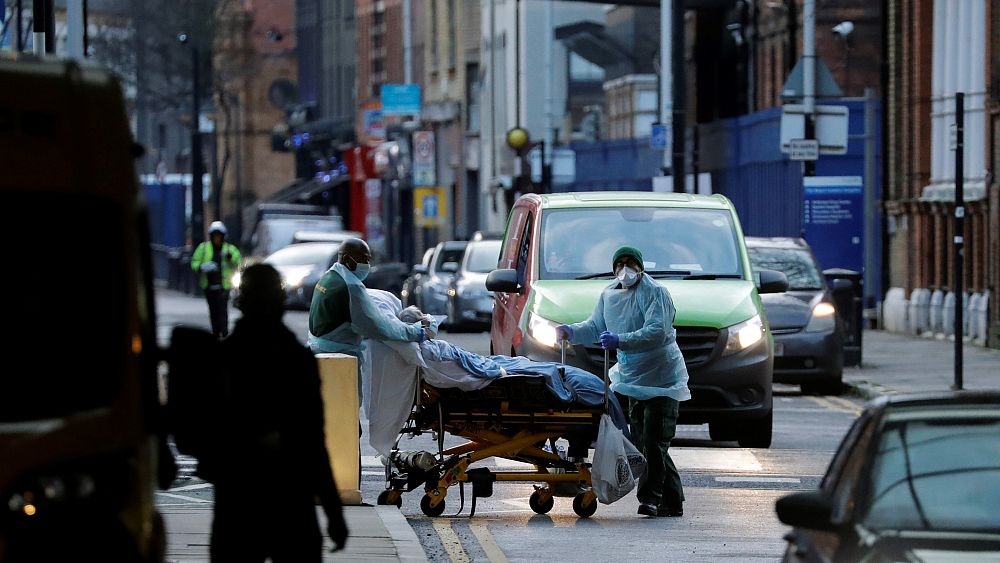The largest study of its kind so far has confirmed that minority ethnic groups in England were at a higher risk of testing positive for coronavirus, as well as hospitalisation, admission to intensive care, and death.
The study of 17 million adults confirmed the greater risk for minority ethnic groups compared to white groups, even after accounting for other risk factors such as deprivation, occupation, household size and underlying health conditions.
It found the disparities for hospitalisation and deaths lessened for most minority groups between the first and second waves of coronavirus, but it increased for those from a South Asian background.
A government study on antibodies last summer found Asian and minority groups in England were the worst affected by COVID-19.
The latest study, published in The Lancet journal, used a data analytics platform to analyse partially anonymised health data collected by doctors, covering 40 per cent of England.
Ethnicity was self-reported by participants in the records, and the researchers grouped them into five census categories (white, South Asian, Black, other, mixed) and then a further 16 sub-groups.
The study found during the first wave nearly all minority groups had a higher relative risk for testing positive for coronavirus, hospitalisation, ICU admission and death, compared to white groups.
In the second wave, South Asian groups remained at higher risk for testing positive, with relative risks for hospitalisation, ICU admission, and death.
The study’s lead author, Dr Rohini Mathur of the London School of Hygiene and Tropical Medicine, said the results show “an urgent need to find effective prevention measures that fit with the needs of the UK’s ethnically diverse population.”
“Minority ethnic groups in the UK are disproportionately affected by factors that also increase the risk for poor COVID-19 outcomes, such as living in deprived areas, working in front-line jobs, and having poorer access to healthcare.
“Our study indicates that even after accounting for many of these factors, the risk for testing positive, hospitalisation, ICU admission and death was still higher in minority ethnic groups compared with white people in England.
Dr Mathur said there was an urgent need to tackle disadvantage and structural racism faced by the communities affected, “as well as improving access to care and reducing transmission.”
The study found that health factors such as BMI, blood pressure or underlying health conditions within South Asian groups played the biggest role in explaining excess risks.
Household size was also an important factor, but the authors say there are some limitations to the study, including an inability to capture all potential explanatory variables, such as occupation or health-related behaviours.







